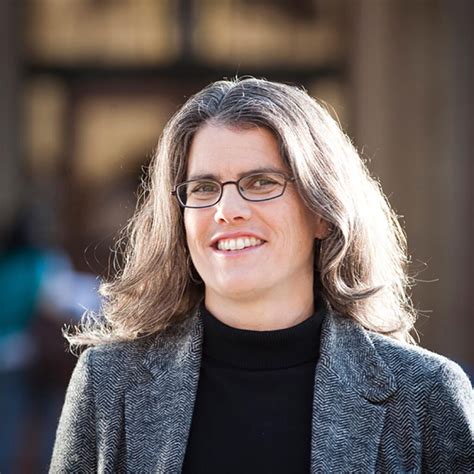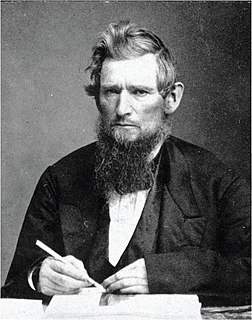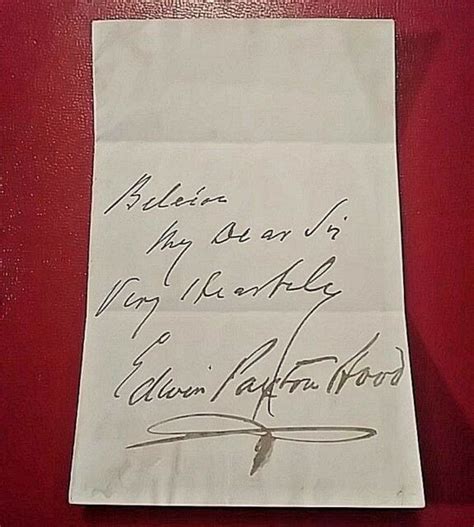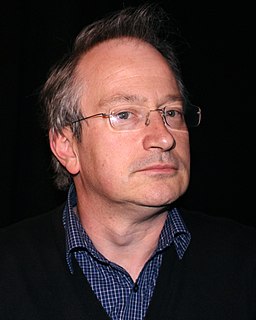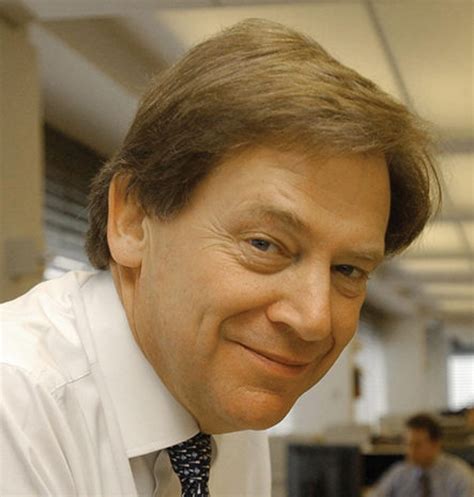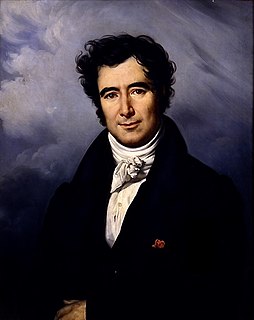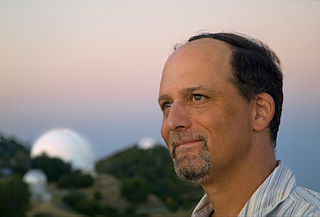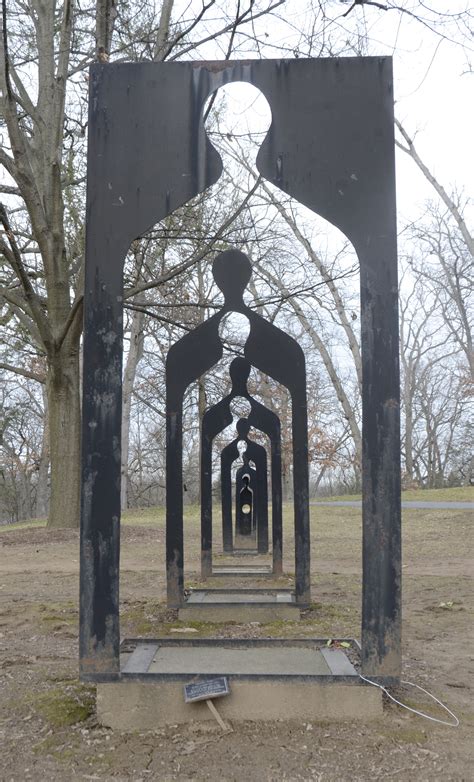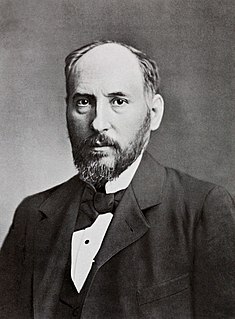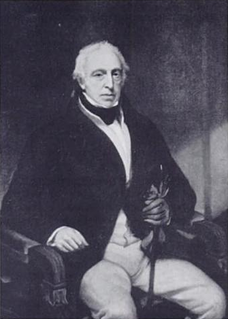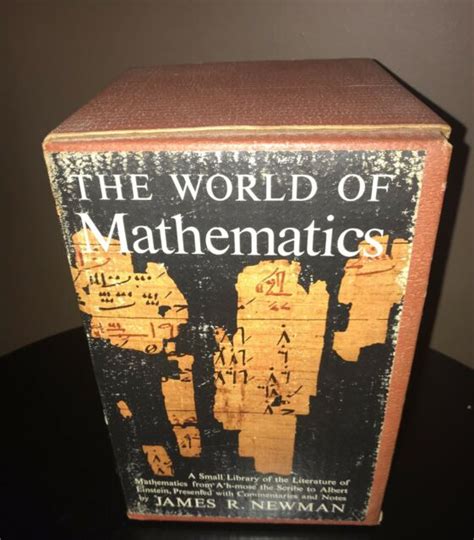Top 86 Telescopes Quotes & Sayings
Explore popular Telescopes quotes.
Last updated on November 7, 2024.
It used to be that, in astronomy, a small team of people could look at photos of a few thousand galaxies and classify and catalog them relatively easily. But now, with a new generation of robotic telescopes scanning the skies constantly and producing millions of images, that's become next to impossible.
Those who pretend to investigate the transcendental truths of the Being based on pure reasoning fall in the same mistake as someone who, ignoring how to use the science's modern instruments, tries to study the life of what is infinitely small with telescopes and the life of what is infinitely large with microscopes.
Women decide the larger questions of life correctly and quickly, not because they are lucky guessers, not because they are divinely inspired, not because they practise a magic inherited from savagery, but simply and solely because they have sense. They see at a glance what most men could not see with searchlights and telescopes.... They are the supreme realists of the race.
'As a fraction of your tax dollar today, what is the total cost of all spaceborne telescopes, planetary probes, the rovers on Mars, the International Space Station, the space shuttle, telescopes yet to orbit, and missions yet to fly?' Answer: one-half of one percent of each tax dollar. Half a penny. I'd prefer it were more: perhaps two cents on the dollar. Even during the storied Apollo era, peak NASA spending amounted to little more than four cents on the tax dollar.
Rather than feeling lost and unimportant and meaningless, set against galaxies which go beyond the reach of the furthest telescopes, I feel that my life has meaning. Perhaps I should feel insignificant, but instead I feel a soaring in my heart that the God who could create all this — and out of nothing — can still count the hairs of my head.
In the next century or two, we humans will have planet-finder telescopes that span our solar system with mirrors strewn from here to Jupiter, giving us enormous angular resolution so we can do the kind of science that a self-respecting advanced civilization ought to be doing. We should someday be imaging the continents on other planets. We can't do that yet, but aliens can do that already, so they know we are here.
It will be the mother of all telescopes, and you can bet it will do for astronomy what genome sequencing is doing for biology. The clumsy, if utilitarian, name of this mirrored monster is Large Synoptic Survey Telescope, or LSST. You can't use it yet, but a peak in the Chilean Andes has been decapitated to provide a level spot for placement.
If a photographic plate under the center of a lens focused on the heavens is exposed for hours, it comes to reveal stars so far away that even the most powerful telescopes fail to reveal them to the naked eye. In a similar way, time and concentration allow the intellect to perceive a ray of light in the darkness of the most complex problem.
One of the reasons NEOWISE is so valuable is that it sees the sky in the thermal infrared. That means that instead of seeing the sunlight that asteroids reflect, NEOWISE sees the heat that they emit. This is a vital capability, since some asteroids are as dark as coal and can be difficult or impossible to spot with other telescopes.
This Excellent Mathematician having given us, in the Transactions of February last, an account of the cause, which induced him to think upon Reflecting Telescopes, instead of Refracting ones, hath thereupon presented the curious world with an Essay of what may be performed by such Telescopes; by which it is found, that Telescopical Tubes may be considerably shortened without prejudice to their magnifiying effect. On his invention of the catadioptrical telescope, as he communicated to the Royal Society.
The discovery in 1846 of the planet Neptune was a dramatic and spectacular achievement of mathematical astronomy. The very existence of this new member of the solar system, and its exact location, were demonstrated with pencil and paper; there was left to observers only the routine task of pointing their telescopes at the spot the mathematicians had marked.
What happens to the faith healer and the shaman when any poor citizen can see the full effect of drugs or surgeries, administered without ceremonies or mystifications? Roughly the same thing as happens to the rainmaker when the climatologist turns up, or to the diviner from the heavens when schoolteachers get hold of elementary telescopes.
Everything we know about the universe is studied by using telescopes or other instruments that look at visible light, infrared, ultraviolet or X-ray - different wavelengths of electromagnetic interactions. Only 4 percent of what's in the universe gives off electromagnetic radiation, so we don't have any handle on the rest.





